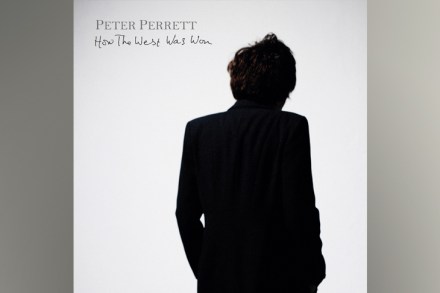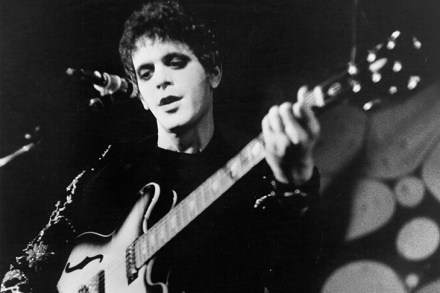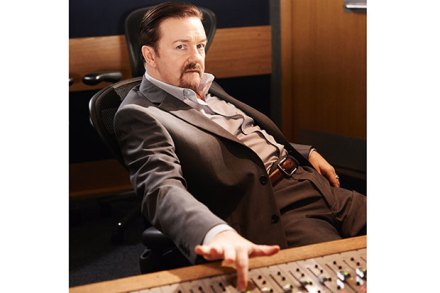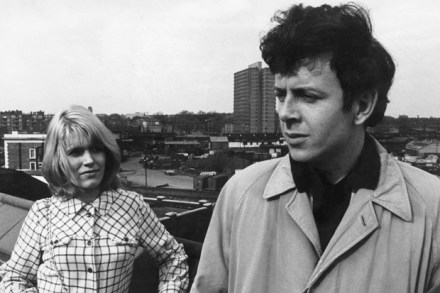2017 and all that
This has not been an appalling year for pop music — it was better than 1984, for example, and 1961. Simply put, it was a year in search of a direction, one foot planted in 1980s cheese or bombast, the other still dipping its toe into the now mind-sapping boredom of EDM, with the occasional nod to a middle-class version of hip hop, a once garish and interesting subculture now utterly subsumed by the mainstream. And so everything rather swathed in both blandness and uncertainty — a year, then, without edge. Odd, really, considering the political climate. The biggest-selling albums of the year so far have come from the ubiquitous



















